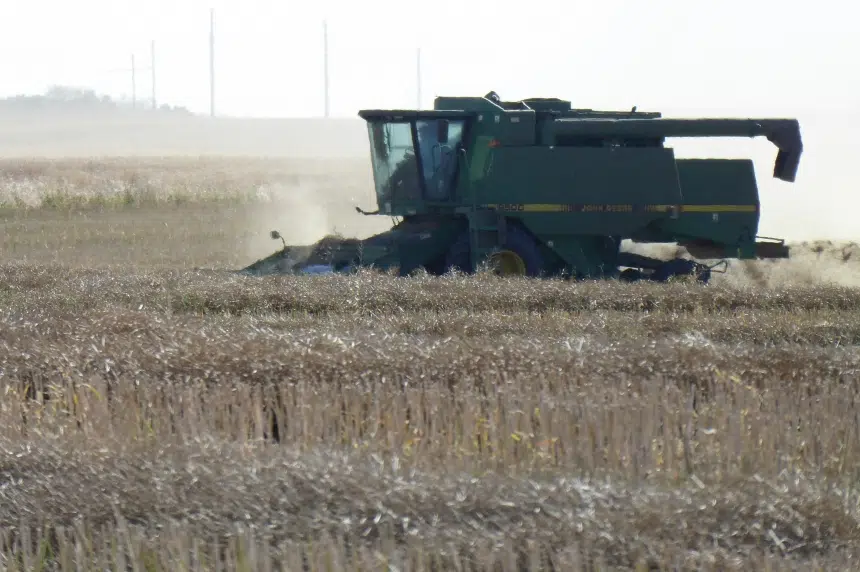By Mallory Cawthra
A graduate student at the University of Saskatchewan from the town of Yellow Grass is undertaking a study that will work to quantify the sustainability contributions made by Saskatchewan ranchers over the past three decades.
Judson Christopherson, a master of science student at the University of Saskatchewan in the College of Agriculture and Bioresources, said that agriculture is often perceived as a detriment to the welfare of the environment in popular media, with beef production facing the brunt of the calls for change.
“Research analyzing the net emissions of cow-calf production and the beef industry as a whole must be broadened to provide a more accurate understanding of beef production’s contribution to carbon sequestration through forage growth,” he explained.
Christopherson shared that the producer survey is a multi-part survey that will gather comprehensive farm-level data on forage growing production practices.
“The survey accounts for native forages as well as perennial and annual forages,” he said. Within the survey, producers will be asked to explain their cehmical and fertilizer use, crop types and machinery, as well as other practices.
“Respondents will report on one field in two time periods, with the first time period being 1991 through 1994, and the second being 2016 through 2019. However, I should clarify that producers who were not active in agriculture or believe they have inadequate records to complete the earlier time period, can still complete the 2016 through 2019 survey,” Christopherson said.
“The data gathered will be from planting through to harvest of the forage and it will be used to compare the net carbon emissions of forage production across time periods and to earlier studies that examined crop production with a similar survey.”
The survey is one way to ensure that producers’ voices are heard by their political representatives. Christopherson is compensating farmers who take part with $200.
The major importance behind the study, he said, “is to provide literature for policymakers to use in deciding how to regulate the beef sector regarding the highly contentious issue of carbon emissions reductions.
“I know our beef industry has made numerous advancements to make beef production more environmentally sustainable and will continue to do so in the future,” he said. “Nonetheless, the harsh criticism that the beef industry receives can potentially spill over into policy making that governs production practices. This study will provide a scientifically backed dialogue that quantifies the efforts of Saskatchewan beef producers.”
Anyone who is a cow-calf producer in Saskatchewan that would be involved any way in producing forage or hay silage, haylage, or anything of the like, can take part in the survey, which takes anywhere from two to four hours to complete. It can be completed in one sitting, but it can also be saved and completed at a later time.
He said that the survey will be released in the coming weeks, the earliest being at the end of March. There is a landing page where producers can register for the survey.
The survey can be completed anytime between the end of March and this summer.
With this study, Christopherson explained, it really is a case of the more the merrier.
“Greater response volumes translate to better data analysis and more credible results.”
Christopherson is hoping for 200 cow-calf producers to take part in the survey.
“This study serves as a way to provide scientific backing with farm-level data that has never been done before, to advise policymakers on the best path forward that will hopefully be more friendly to the livestock production sector,” he said.












